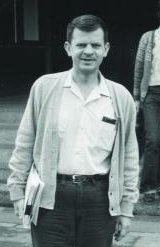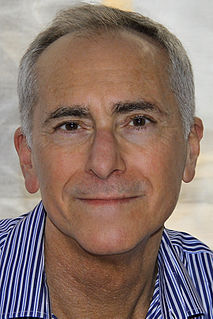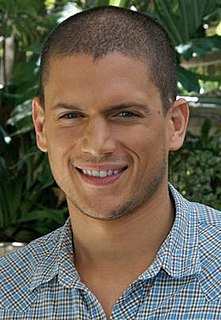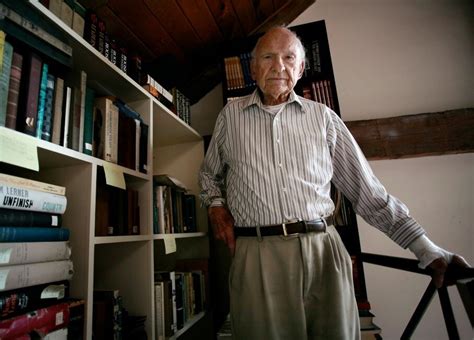A Quote by Mellody Hobson
I was in the Woodrow Wilson School of international relations and public policy at Princeton. You have to apply to get in, and I did not originally get in. I lobbied really hard and called many people. I just would not take no for an answer.
Related Quotes
Woodrow Wilson is reported to have told a Princeton colleague, shortly after the 1912 election, "It would be an irony of fate if my administration had to deal chiefly with foreign problems, for all my preparation has been in domestic matters." In the event, Wilson's early months were marked by substantial domestic legislative accomplishment. Unfortunately, after Europe plunged into the Great War in August 1914, Wilson's leadership was uncertain.
The view that we know less than we thought we knew about how to change the human condition came, in time, to be called neoconservatism. Many ... , myself included, disliked the term because we did not think we were conservative, neo or paleo. (I voted for John Kennedy, Lyndon Johnson and Hubert Humphrey and worked in the latter's presidential campaign.) It would have been better if we had been called policy skeptics; that is, people who thought it was hard, though not impossible, to make useful and important changes in public policy.
When I was in graduate school in Princeton, I was told to take three courses. One of them to work on really hard, another to work on moderately hard, and the third one just to absorb. In my case, I never showed up to the latter class, taught by Robert Gunning, on Several Complex Variables. Several Complex Variables (Cn) was starting to get vary fashionable then, but I decided to specialize in n=1/2.
When Arthur Schlesinger Sr. pioneered the 'presidential greatness poll' in 1948, the top five were Lincoln, Washington, Franklin D. Roosevelt, Woodrow Wilson, and Jefferson. Only Wilson appears to be seriously fading, probably because his support for the World War I-era Sedition Act now seems outrageous; in this analogy, Woodrow is like the Doors and the Sedition Act is Oliver Stone.
































